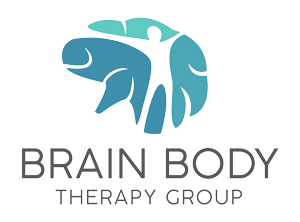
Brian Harrison
LMSW-C, CAADC
Many people who are exploring counseling for the first time are understandably uncomfortable with the idea of opening up about their life to a stranger. In my view, the key to establishing a helpful therapeutic relationship begins first with building trust with my clients through a “team-work” approach to therapy. Additionally, my engaging and light hearted personality helps my clients feel more comfortable processing difficult matters. Therapy then starts to feel much less awkward and more like having “real-talk” with someone you know.
A large focus of my therapy style is identifying why we do the things we do. This involves looking at difficult circumstances in a neutral manner free from judgement. The healing process can also involve detaching from societal stigmas that comes with mental health symptoms and problematic substance use. Doing so results in psychological freedom to make our own choices and not the choices that are born out of shame and guilt. I also offer neurological education to show how certain behaviors and symptoms can be linked to the brain. Then we can identify skills that work with your brain to reduce symptoms and refocus your behavior on your values.
I work with clients of all genders/age ranges beyond the age of 14. I regularly utilize a mix of therapy modalities including the ones listed below:
* Acceptance and Commitment Therapy
* Dialectical Behavioral Therapy
* Motivational Interviewing
* Cognitive Behavioral Therapy
* Brainspotting
* Note - Higher Power spiritual themes can be incorporated into therapy on request
Most of my past experience includes the following:
* Problematic substance use
* Trauma healing/trauma-informed care
* Complicated eating patterns
* Relationship problems
* Anxiety, nervousness, panic
* Depression, low energy, loss of interest
* Grief/Bereavement
* Self-harm
* Suicidal thoughts
* Difficulty with impulse control
* Difficulties with focus
* Mood swings
* Mental health/substance use assessment
* Involvement of supportive individuals in treatment, including partners, family, and friends
